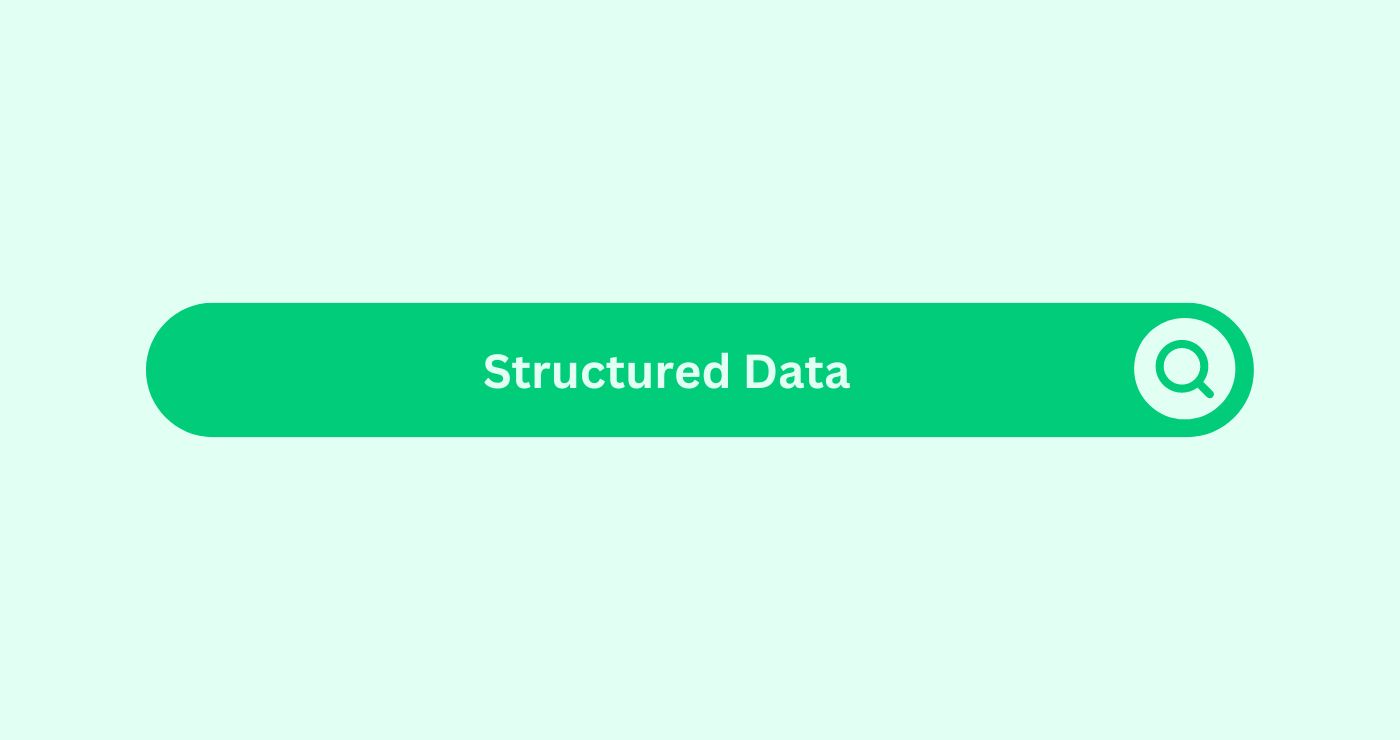Definition
Structured Data refers to a standardized format for providing information about a webpage and classifying its content. By using structured data, webmasters can annotate their web pages with additional context that helps search engines understand the content better. Adding schema.orgDefinition Schema.org, supported by search engines, aids web... data to HTML boosts search results with rich snippetsDefinition Rich snippets are enhanced search results that pr..., enhancing visibility, clicks, and SEO.
How You Can Use
To utilize Structured Data, embed markup in HTML for detailed content info. Here’s an example using JSON-LD to mark up a product page:
jsonCopy code<script type="application/ld+json">
{
"@context": "https://schema.org/",
"@type": "Product",
"name": "Acme Coffee Maker",
"image": "https://example.com/photos/coffee_maker.jpg",
"description": "The best coffee maker you can buy for your kitchen.",
"sku": "12345",
"brand": {
"@type": "Brand",
"name": "Acme"
},
"offers": {
"@type": "Offer",
"url": "https://example.com/coffee_maker",
"priceCurrency": "USD",
"price": "99.99",
"itemCondition": "https://schema.org/NewCondition",
"availability": "https://schema.org/InStock"
}
}
</script>
The JSON-LD script conveys product details like name, image, description, SKU, brand, and offers. This structured data enhances visibility by enabling rich snippetsDefinition Rich snippets are enhanced search results that pr... in search results.
Key Takeaways
- Enhanced Search Visibility: Structured Data aids search engines, creating appealing search listings.
- Improved Click-Through Rates: Rich snippetsDefinition Rich snippets are enhanced search results that pr... can include ratings, prices, and other key information, which can increase user engagementDefinition Engagement in content marketing refers to the deg... and click-through rates.
- SEO Benefits: Better visibility and higher engagementDefinition Engagement in content marketing refers to the deg... from rich snippetsDefinition Rich snippets are enhanced search results that pr... can positively impact your overall SEO performance.
- Standardized Markup: Using schema.orgDefinition Schema.org, supported by search engines, aids web... vocabulary ensures that your structured data is understood consistently across different search engines.
- Versatility: Structured Data can be applied to a wide range of content types, including products, recipes, events, and more.
FAQs
What is Structured Data?
Structured Data is a standardized format used to provide additional information about a webpage and classify its content for search engines.
How does Structured Data benefit SEO?
Structured Data enhances SEO by improving search engine understanding of your content, which can leadDefinition A Lead in the context of SEO refers to a potentia... to rich snippetsDefinition Rich snippets are enhanced search results that pr... and better search result visibility.
What types of content can be marked up with Structured Data?
Structured Data can be used for various content types, including products, articles, events, organizations, reviews, and recipes.
How do I implement Structured Data on my website?
Implement Structured Data by adding appropriate markup to your HTML using formatsDefinition In the SEO space, "formats" refer to the various ... like JSON-LD, Microdata, or RDFa.
What is schema.org?
Schema.orgDefinition Schema.org, supported by search engines, aids web... is a collaborative initiative that provides a vocabulary for structured data markup, helping webmasters define their content in a standardized way.
Can Structured Data improve my search rankings?
While Structured Data itself doesn’t directly affect rankings, it can improve click-through rates and engagementDefinition Engagement in content marketing refers to the deg..., which can positively influence your SEO performance.
Do all search engines support Structured Data?
Most major search engines, including Google, Bing, and Yahoo, support Structured Data and use it to enhance search results.
What are the common mistakes when using Structured Data?
Common mistakes include incorrect syntax, using the wrong schema types, not validating the markup, and not keeping the data up-to-date.
How can I test my Structured Data implementation?
You can test your Structured Data implementation using tools like Google’s Structured Data Testing Tool or the Rich Results Test.
Is JSON-LD the best format for Structured Data?
JSON-LD is recommended for its simplicity and ease of implementation, but Microdata and RDFa are also valid formatsDefinition In the SEO space, "formats" refer to the various ... that can be used based on specific needs.




